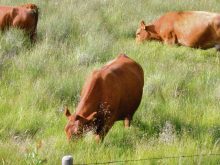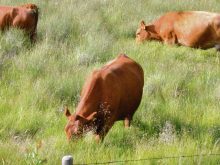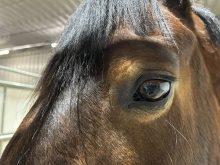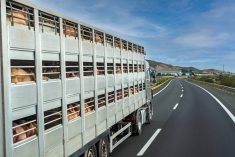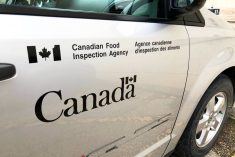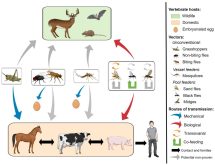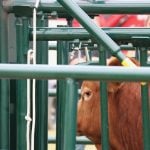An investigation across three provinces following the appearance of bovine tuberculosis (TB) in six Prairie cattle in 2016 has officially closed with no further cases found.
The Canadian Food Inspection Agency on Monday reported receiving the last of the lab culture test results on about 30,000 animals tested during its probe.
“All of the results were negative and the investigation is now closed,” CFIA said in a statement Monday. The agency expects to publish a summary report online in June.
CFIA’s probe followed the discovery of a cow from northwest of Medicine Hat, Alta. that tested positive for bovine TB when it was slaughtered at a U.S. packing plant in late September 2016.
Read Also
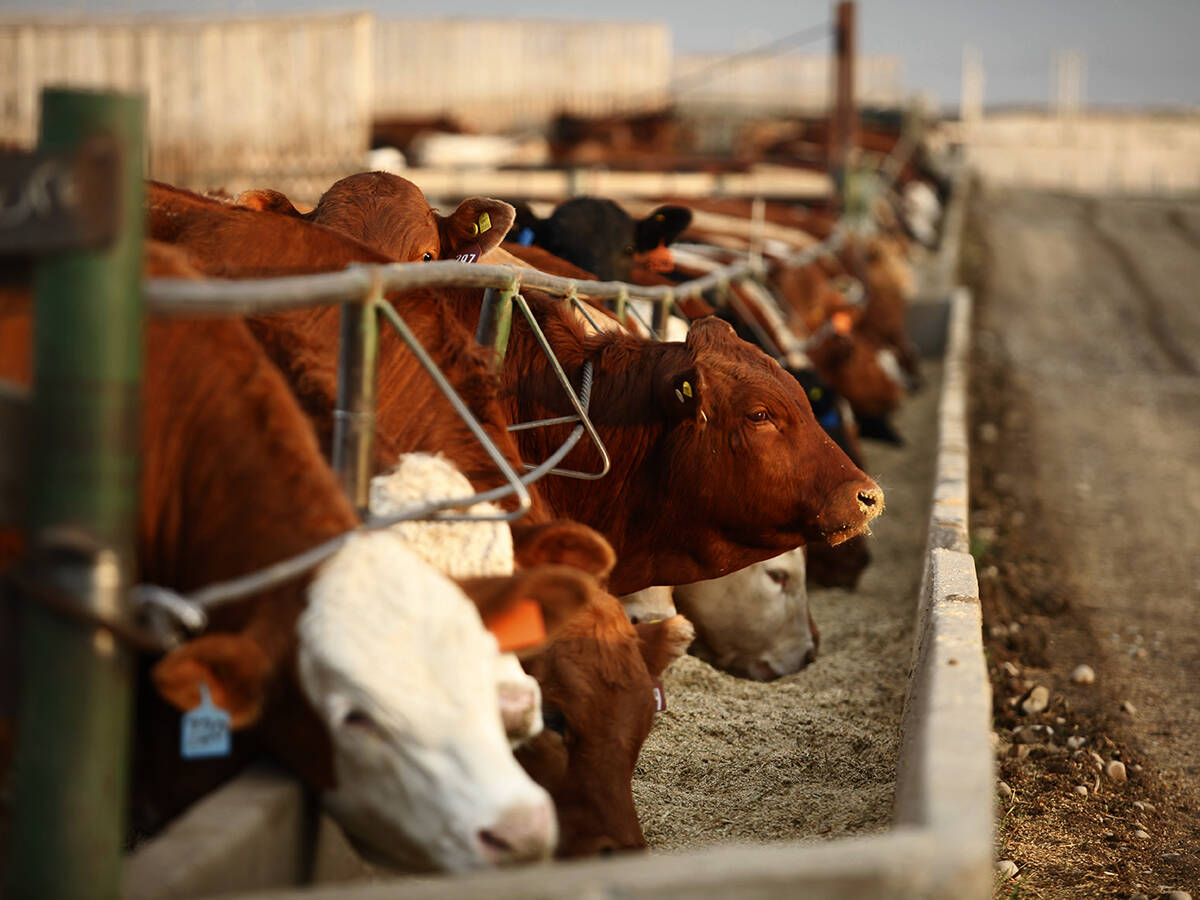
U.S. livestock: Cattle futures drop Friday
Cattle futures on the Chicago Mercantile Exchange fell from nearby highs Friday, with profit-taking to end the week weighing on…
Five more cattle from the same farming operation later tested positive for the disease.
Animals across 79 “trace-out” herds and 71 “trace-in” herds in the three Prairie provinces were tested. From those, about 11,500 cattle were ordered destroyed, but no further cases were discovered, and no source of infection has been identified for the six TB-positive cattle.
Compensation of about $39 million has been paid to producers for animals ordered destroyed from the infected herd and co-mingled herds and animals that required post-mortem testing. Affected producers also received income tax deferrals and a federal-provincial program to help cover “extraordinary” quarantine-related costs.
Producers whose herds were depopulated and who have completed the cleaning and disinfection of their premises have since restocked their herds, CFIA said.
Those herds have since completed the first of two rounds of testing to verify that the restocked animals are bovine TB-free, and are not under quarantine, the agency said Monday. A second round of testing will be run on those animals this fall.
CFIA noted Monday it’s also still working with the provincial governments to support testing of wildlife for bovine TB.
“Active surveillance” will run this year on elk in the Suffield area of southeastern Alberta. The Alberta government notes “very low risk” that elk in that area are infected with bovine TB or that any local elk could be the source of infection in cattle.
In Canadian cattle, prior to the 2016 outbreak, British Columbia saw infected cattle herds in 2007, 2008 and 2011; Alberta saw the disease in farmed elk in the 1990s and in a herd of farmed bison in 2001.
Early in the most recent probe, CFIA found the strain of Mycobacterium bovis in the six TB-positive cattle wasn’t the same as any strains previously detected in Canadian domestic animals, wildlife or people.
Rather, the agency said, the M. bovis strain was “closely related” to a strain originating from cattle in central Mexico in 1997.
Agriculture Minister Lawrence MacAulay said in February that the bovine TB probe has “allowed Canada to retain its bovine TB-free status with no disruption in access to international markets.” — AGCanada.com Network






